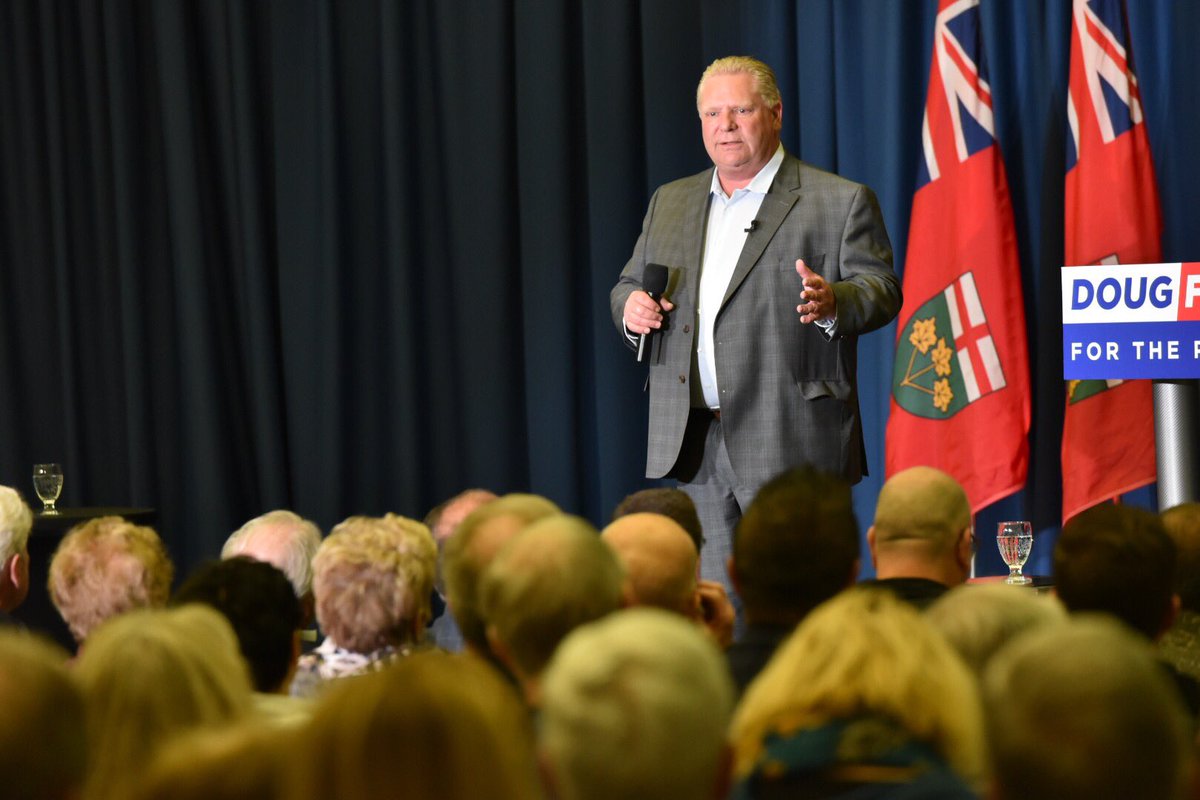The RCMP has begun a possible criminal investigation into the handling of the Greenbelt by the Ford government. The move comes in the wake of allegations of corruption in how the Ford government allocated land from the Greenbelt for development.
An area of 810,000 hectares of protected land, the Greenbelt encompasses farmland, forests, and wetlands stretching from Niagara Falls to Peterborough and was intended to shield the fertile land from development and land speculation.
The catalyst for the investigation comes after a scathing report from Ontario's Auditor General, Bonnie Lysyk. The report sheds light on the government’s potentially corrupt handling of the Greenbelt land swap, in which a small group of developers were given preferential treatment in selecting land to buy from the previously protected region.
"How the landsites were selected was not transparent, fair, objective, or fully informed" the report reads.
The report states that during private events the Housing Minister’s Chief of Staff Ryan Amato and Deputy Chief of Staff were "seated at the same table as prominent housing developers and a registered lobbyist" Lysyk writes. Adding that the developers gave "packages" with information about land they were interested in directly to Amato.
Lysyk's report reads that of the 15 locations chosen for housing development, 14 were chosen directly by Amato, and 92% of the land removed from the Greenbelt was suggested directly by developers Amato had dined with.
The fallout led to Amato resigning on August 22nd. Shortly after on September 4th, the Minister of Municipal Affairs and Housing Steve Clark handed in their resignations after facing acute public pressure.
Although Ford has repeatedly stated that the Greenbelt is needed for achieving 50,000 new homes to help deal with the housing crisis in Ontario, Lysyk says there is "no evidence" that the Greenbelt is needed to reach the housing goal as there are more applicable areas available to build.
Ford says his Greenbelt plan is to address the housing crisis, it seems to be more about helping developers and land speculators than the public. Lysyk's report suggests that the developers who were given preferential treatment to buy land, stand to make over $8 billion from the deal.
- Possible criminal investigation into Ford Government’s Handling of the Greenbelt
- RCMP probes Premier’s office for its role in $8 billion Greenbelt grab
- Ford’s Plan to Enrich Ontario’s Biggest Developers
- Ontario Open for Business, and Ford is Buying
- Ontario Politicians Extend Subsidies… to Themselves


